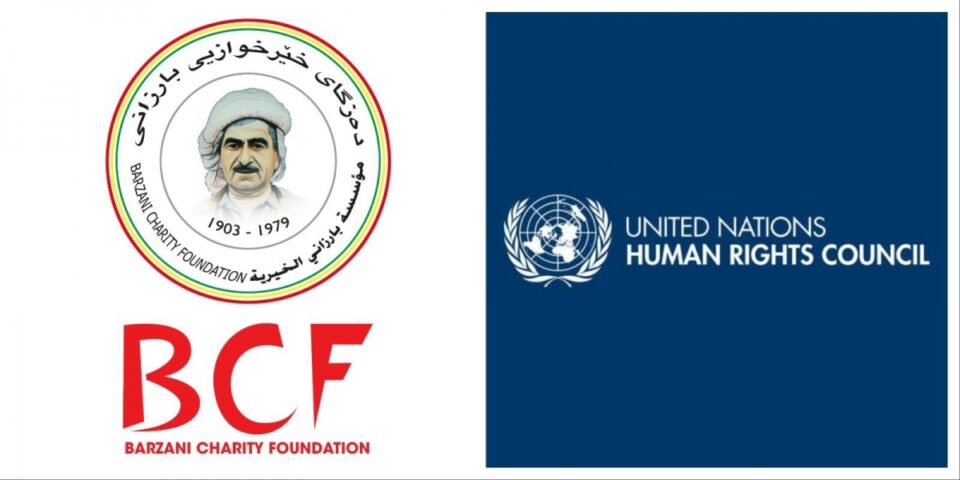Sema
The Barzani Charity Foundation (BCF) is expected to submit a special report to the United Nations Human Rights Council, highlighting the humanitarian consequences of the federal government’s repeated salary cuts and delays affecting public employees in the Kurdistan Region.
In its report, the foundation — a member of the United Nations Economic and Social Council (ECOSOC) since 2016 — expresses grave concern over the continued use of salaries as a political tool, warning that such practices are pushing the humanitarian situation in the Kurdistan Region to critical levels.
“The decision to cut and suspend the salaries of civil service employees, pensioners, and public sector workers is not only politically motivated, but it also deeply affects women, children, and the elderly — the most vulnerable groups in society,” the foundation stated.
The BCF pointed out that since late 2013, Baghdad has regularly delayed or withheld budget transfers and salary payments to the Kurdistan Region, even as other federal territories receive funds without disruption. The report describes this as a form of “psychological warfare against civilians,” noting that financial insecurity has left many families unable to meet basic daily needs and has caused a rise in poverty, anxiety, and despair — particularly among elderly citizens and households led by women.
“This situation is leading families into deep poverty and subjecting children to a future of uncertainty and darkness,” the foundation warned.
The salary dispute stems from long-standing disagreements over oil exports, revenue sharing, and the Kurdistan Region’s share of the federal budget. Under Iraq’s budget law, the KRG is entitled to a percentage of the national budget, but transfers from Baghdad have frequently been delayed or reduced amid disputes over the KRG’s oil sales. Although temporary agreements have occasionally been reached, the issue has remained unresolved, leading to repeated disruptions in salary disbursements for civil servants in the region.
In recent months, tensions escalated again after Baghdad transferred only partial payments for salaries, citing non-compliance by the KRG with budget conditions. The Kurdistan Regional Government has denied the accusations and criticized the federal government for politicizing the issue and causing widespread hardship.
The BCF, in its report, urges the United Nations and international organizations to pressure the Iraqi federal government to stop using salary payments as leverage in political disputes and to uphold the principle of equal treatment for all Iraqi citizens.
The foundation emphasized that while political and constitutional disagreements between Erbil and Baghdad persist, the humanitarian cost should not be borne by the people. “Ordinary citizens must not be used as bargaining chips,” the report concluded.

